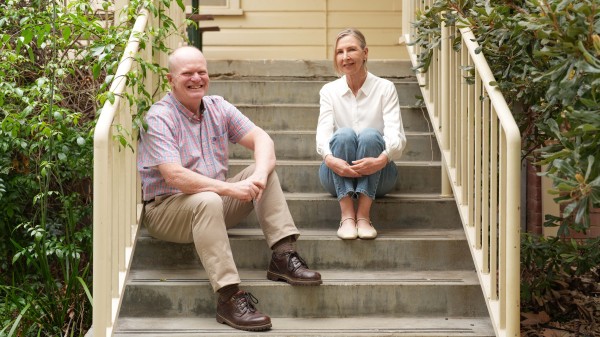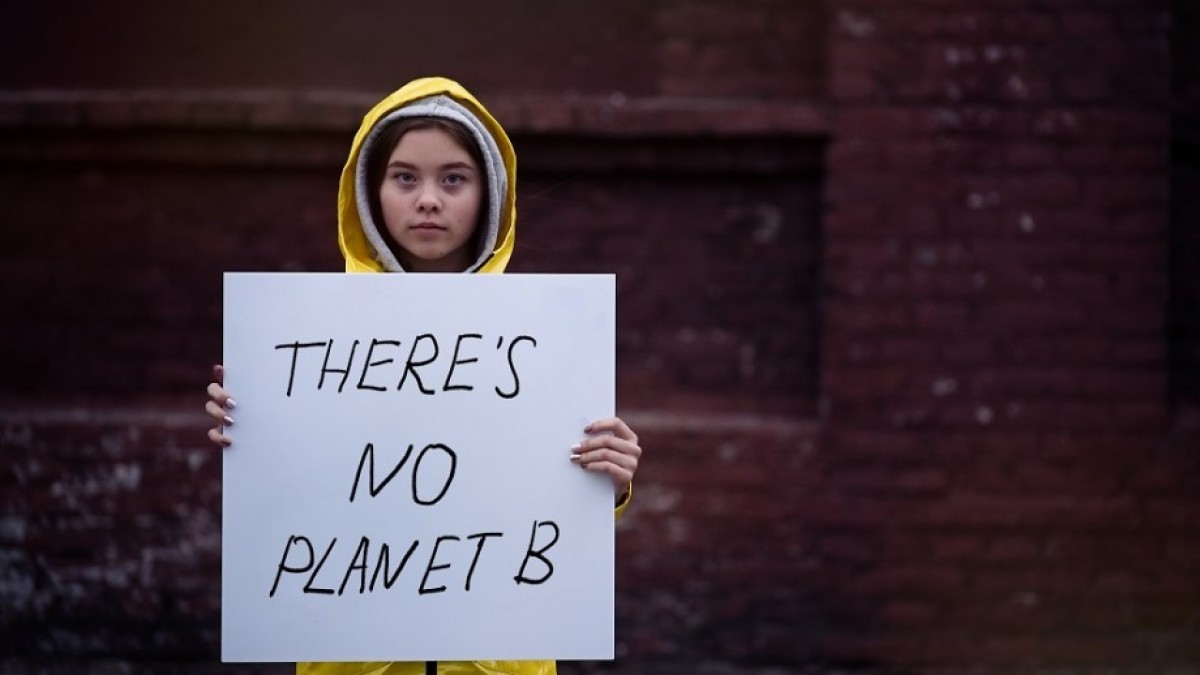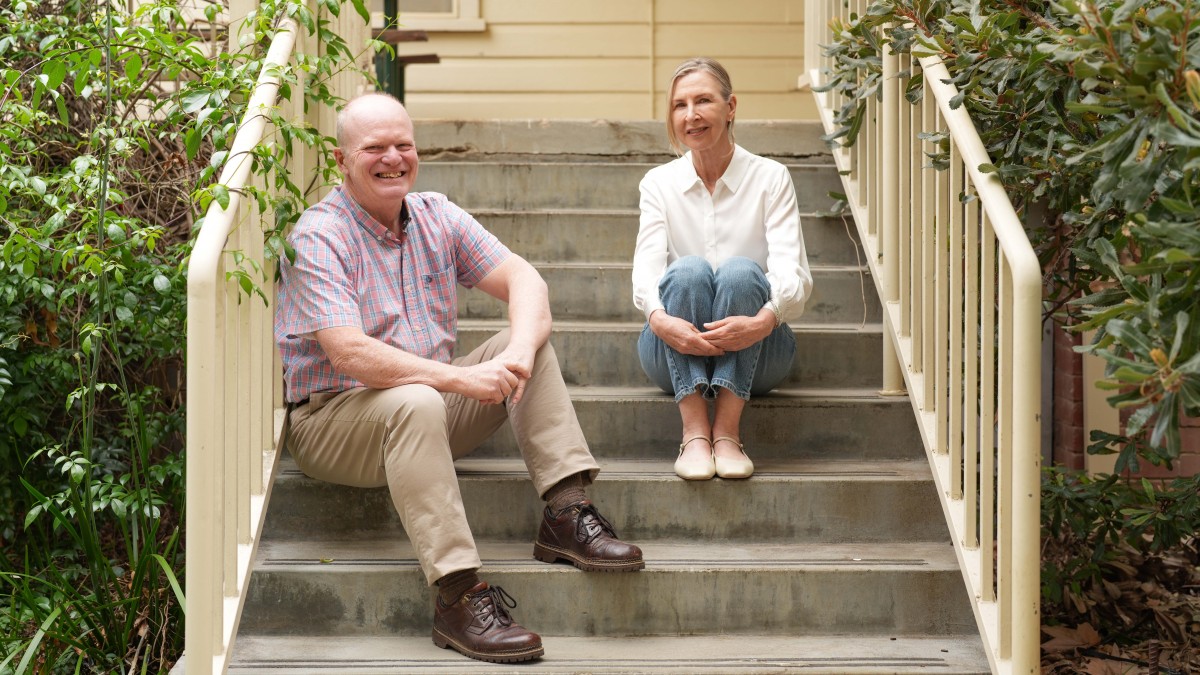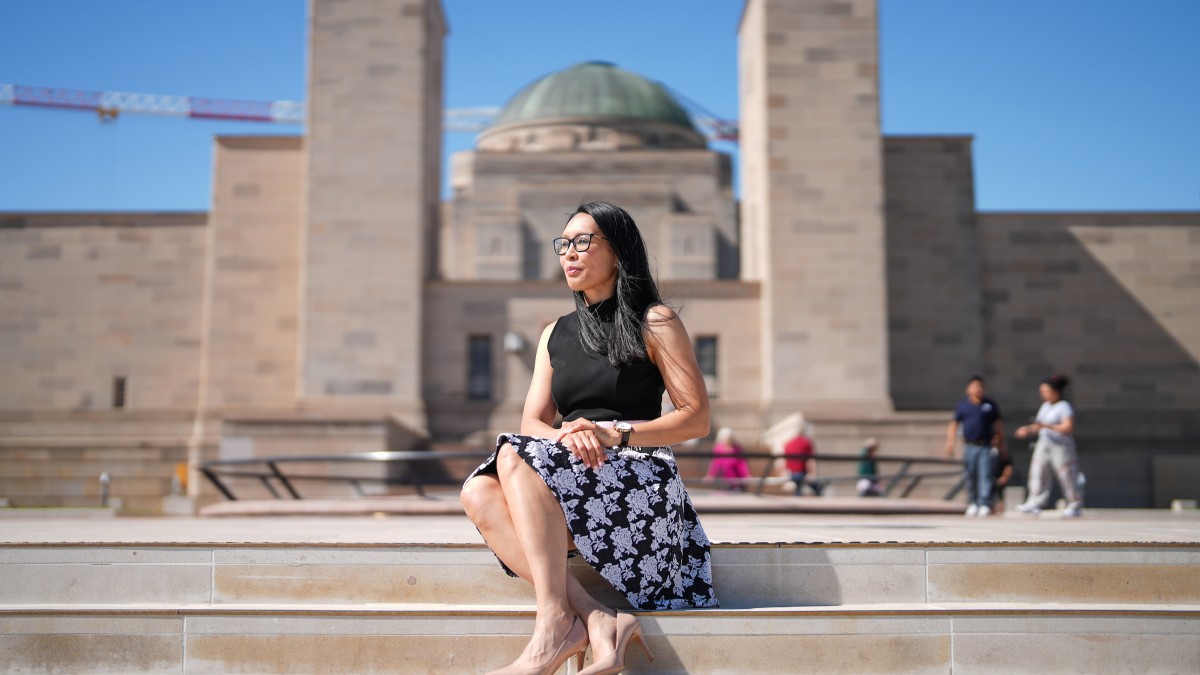This article first appeared in Inspire Magazine and has been republished with permission.
Authors: Professor Christopher Nolan, Dr Amital Bansal, Professor Deborah Davis, Dr Stewart Sutherland, Associate Professor Caitlin Wyrwoll, Professor Sotiris Vardoulakis
With climate change, the world is experiencing more severe heatwaves and bushfire events, such as the 2019/20 Australian ‘Black Summer’ bushfires and the recent catastrophic wildfires across the Northern Hemisphere. Torrential storms and flooding across the globe are also being increasingly reported. Yet, the short and long-term impacts of these climate disasters on the physical and mental health of mothers and their unborn/recently born are poorly understood.
Mother and Child 2020 (MC2020) study1 researchers at the Australian National University (ANU) and the Healthy Environments and Lives (HEAL) Network2 advocate for an international, interdisciplinary, collaborative research effort to establish the evidence to enable informed public health policy and clinical practice to safeguard the health and wellbeing of mothers and young children during future extreme climate events.3
While the adverse impacts of climate crises on vulnerable groups such as the elderly and those with pre-existing medical conditions are clearer, the climate related impacts on maternal and child health are well less understood. Following the 2019/20 bushfires, mothers and health care professionals alike reported to researchers from the MC2020 Study that they were desperate for information about the potential impact of the fires and smoke on their pregnancy and unborn children, but there was very little available.4
While prenatal exposure to wildfires and extreme heat have been linked to abnormal birth weight, increased rates of prematurity, gestational diabetes, and hypertensive disorders of pregnancy, the scientific robustness of the findings is far from conclusive. The studies are either small, lacking granular detail of exposures, of quite varied climate-related events, or focussed on retrospective analyses of population level data. Furthermore, there is a lack of collection of early biological samples from mothers (e.g. placentae) and babies (e.g. dried blood spot) for biomedical assessments (e.g. oxidative stress), such that firm conclusions about risks and mechanisms cannot be made.5
It is well accepted that adverse exposures affecting pregnancy outcomes can have long lasting health effects on babies into adult life, yet we have very little evidence on the short and long-term biological impacts of heavy bushfire smoke and/or heatwaves on fetuses, and newborns. Furthermore, these effects can be exacerbated by maternal and partner stress during the acute and the recovery phases of these crises, but there is paucity of dyadic level (mother and partner) data to inform practice.
To fully understand the consequences and effects of climate crises on maternal and child health, well designed and adequately powered longitudinal birth cohort studies are essential in which detailed environmental exposure data, effects of events on living conditions and health care access, pregnancy outcome data, biomedical sampling, mental health assessments and longitudinal reassessments are obtained. Furthermore, there is a need to establish mutually agreed protocols for international use for similar exposures, which will enable well-powered international studies to generate robust evidence necessary to inform mitigation strategies to protect mothers and babies from future events.
Consideration must be given to concurrent and serial crisis events, or syndemics and the scars left by continual hypervigilance.5 For example, the 2019/20 bushfires were rapidly followed by the COVID-19 pandemic and flood events, delaying recovery of communities severely affected by bushfires, due to disruption in social connectiveness. Furthermore, climate crises are known to have greater adverse effects on the most disadvantaged in our communities. Research into the consequences of climate crises on maternal and child health must include these groups, including Indigenous communities, refugee women displaced through war or climate catastophe, and those from culturally, linguistically, sexually and gender diverse groups.
For all these reasons, we highlight a need for internationally agreed climate affected birth cohort protocols, with interdisciplinary research teams, study governance, ethical approvals and funding already in place prior to climate crises occuring. Only then can accurate individual subject exposure information, with critical biomedical sample collection, be acheived necessary to fully understand the biological effects of extreme environmental exposures on mothers and their children. The evidence resulting will enable informed changes to public health policy and clinical practice necessary to safeguard the health and wellbeing of current and future generations.
In the right direction, Prof Caitlin Wyrwoll from UWA and the HEAL Network has been awarded Wellcome Trust funding for a project titled “Extreme heat and pregnancy complications: Harnessing the diverse Australian climate and population for global answers.”6
1 https://medicalschool.anu.edu.au/research/projects/mother-child-2020-mc2020
3 https://www.thelancet.com/journals/lanplh/article/PIIS2542-5196(23)00134-1/fulltext
4 https://academic.oup.com/fampra/article/40/3/458/6851122?login=true
5 https://www.sciencedirect.com/science/article/pii/S1043276023001625










